Introduction
The future of IT is poised for monumental changes, driven by cutting-edge technologies and innovative approaches. From Artificial Intelligence to Quantum Computing, the IT sector is on the brink of a major transformation that will redefine how businesses operate and individuals interact with technology.
Artificial Intelligence and Machine Learning
Artificial Intelligence (AI) and Machine Learning (ML) are at the forefront of IT innovations. AI is revolutionizing industries by enabling machines to perform tasks that typically require human intelligence. From autonomous vehicles to predictive analytics, AI and ML are enhancing efficiencies and unlocking new possibilities.
Key Areas of Impact:
- Automation: AI is driving automation in various sectors, reducing the need for human intervention in repetitive tasks.
- Predictive Analytics: Businesses are leveraging AI to predict market trends and customer behavior, enabling data-driven decision-making.
For a deeper dive into the advancements of AI, visit
Quantum Computing
Quantum Computing is set to revolutionize IT with its unparalleled processing power. Unlike classical computers, quantum computers leverage quantum bits (qubits) to perform complex calculations at unprecedented speeds.
Potential Applications:
- Drug Discovery: Accelerating the process of discovering new drugs by simulating molecular interactions.
- Cryptography: Enhancing cybersecurity through advanced encryption methods that are virtually unbreakable.
Internet of Things (IoT)
The Internet of Things (IoT) connects everyday objects to the internet, enabling them to send and receive data. This connectivity is driving innovations in smart homes, healthcare, manufacturing, and more.
Benefits of IoT:
- Improved Efficiency: IoT devices streamline operations by providing real-time data and insights.
- Enhanced Customer Experience: Personalized services and products based on user data.
For more information on IoT, check out
Blockchain Technology
Blockchain technology, best known for its role in cryptocurrencies, is making waves across various industries. Its decentralized and immutable nature ensures transparency and security in transactions.
Key Use Cases:
- Supply Chain Management: Ensuring transparency and traceability in the supply chain.
- Financial Services: Enabling secure and efficient transactions without intermediaries.
For an in-depth look at blockchain technology, visit
Cybersecurity Advancements
With the rise of digital transformation, cybersecurity has become more critical than ever. The future of IT will see advanced cybersecurity measures to protect data and systems from increasingly sophisticated threats.
Emerging Trends:
- AI in Cybersecurity: Leveraging AI to detect and respond to threats in real-time.
- Zero Trust Architecture: Implementing a security model that assumes no user or device is trustworthy by default.
To learn more about cybersecurity advancements, explore
Edge Computing
Edge Computing brings computation and data storage closer to the location where it is needed, reducing latency and bandwidth usage. This is particularly beneficial for applications that require real-time processing, such as autonomous vehicles and industrial automation.
Cloud Computing Evolution
Cloud Computing continues to evolve, offering scalable and flexible solutions for businesses. The future will see the integration of hybrid and multi-cloud environments, providing enhanced resilience and performance.
Future Trends:
- Serverless Computing: Allowing developers to build and run applications without managing servers.
- AI Integration: Enhancing cloud services with AI-driven analytics and automation.
For insights into the future of cloud computing, visit
5G and Beyond
The rollout of 5G networks is set to revolutionize connectivity with faster speeds and lower latency. This will enable advancements in IoT, smart cities, and autonomous vehicles.
Augmented Reality (AR) and Virtual Reality (VR)
AR and VR technologies are transforming industries by creating immersive experiences. From gaming to healthcare, these technologies offer new ways to interact with digital content.
Ethical and Responsible AI
As AI becomes more pervasive, there is a growing emphasis on ethical and responsible AI. Ensuring transparency, fairness, and accountability in AI systems is crucial to building trust and preventing biases.
IT Workforce Transformation
The future of IT will also bring changes to the workforce. There will be a growing demand for skills in AI, cybersecurity, and data analytics. Continuous learning and upskilling will be essential to stay relevant in the evolving IT landscape.
Green IT and Sustainability
Sustainability is becoming a key focus in IT. Green IT initiatives aim to reduce the environmental impact of technology by promoting energy efficiency and sustainable practices.
Initiatives:
- Energy-efficient Data Centers: Reducing energy consumption through advanced cooling and power management technologies.
- E-waste Management: Implementing responsible recycling and disposal practices for electronic waste.
For more on Green IT initiatives, see
FAQs
What is the role of AI in the future of IT?
AI will play a pivotal role in automating tasks, enhancing decision-making through predictive analytics, and driving innovations across various sectors.
How will Quantum Computing impact industries?
Quantum Computing will revolutionize industries by enabling faster and more complex calculations, leading to breakthroughs in areas like drug discovery and cryptography.
What are the benefits of IoT in everyday life?
IoT enhances everyday life by improving efficiency, providing real-time data and insights, and enabling personalized services and products.
How can businesses ensure cybersecurity in the future?
Businesses can ensure cybersecurity by adopting advanced measures such as AI-driven threat detection, Zero Trust Architecture, and continuous monitoring of systems and networks.
Why is ethical AI important?
Ethical AI is important to ensure that AI systems are transparent, fair, and accountable, preventing biases and building trust among users.
For more information on the future of IT, visit


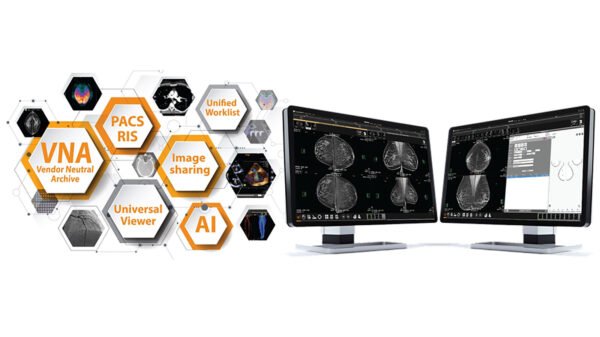



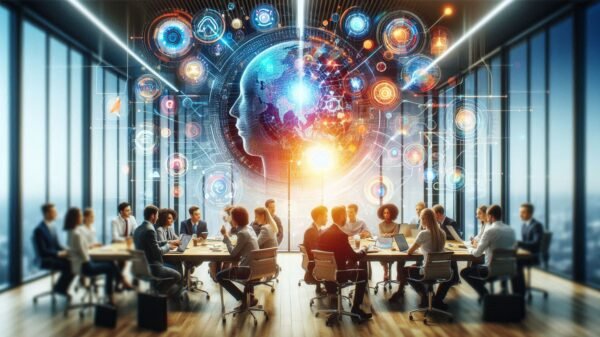

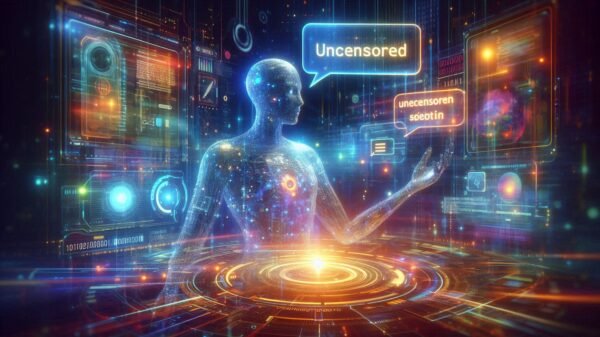
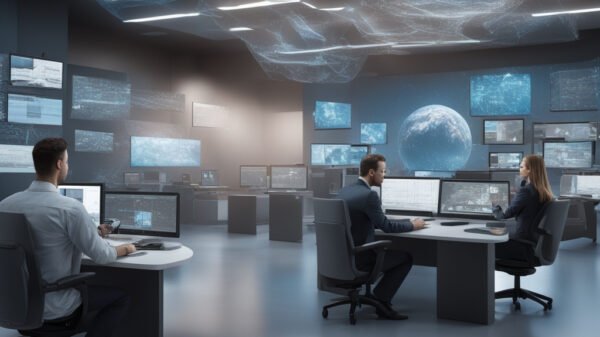
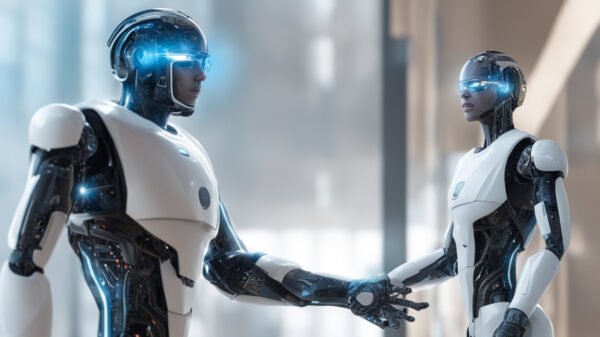
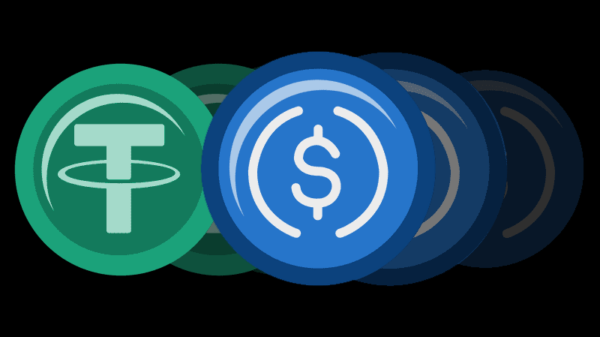

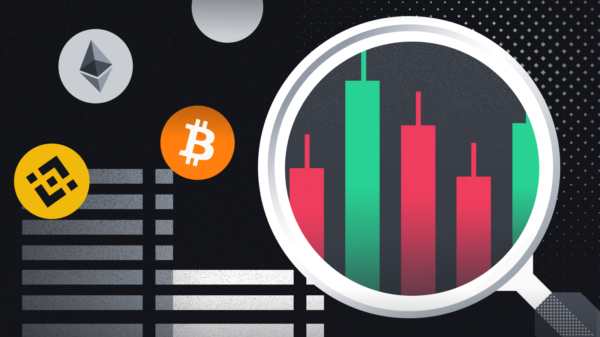


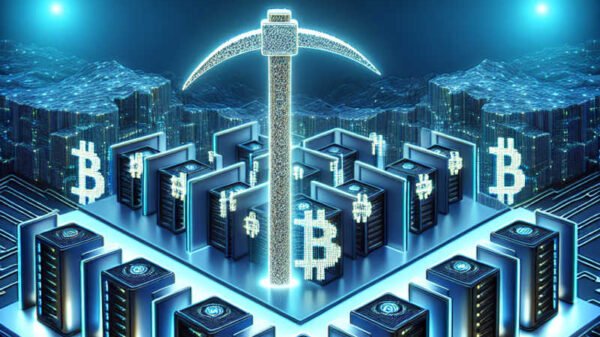
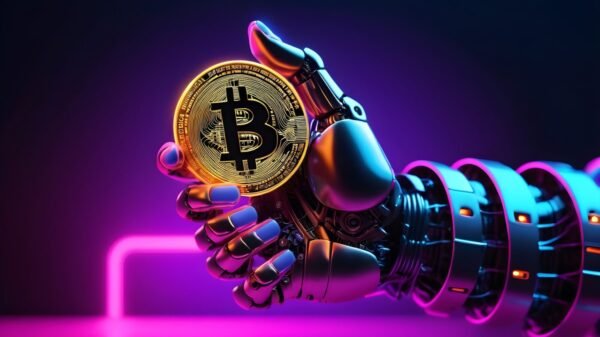

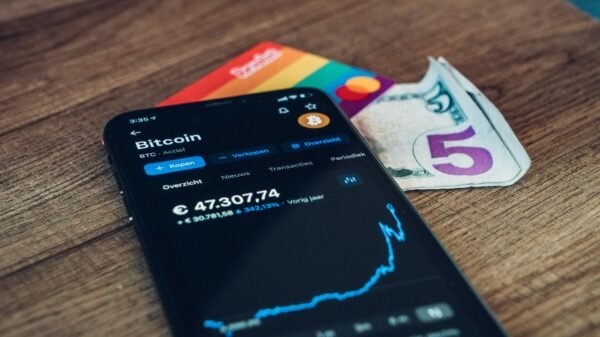
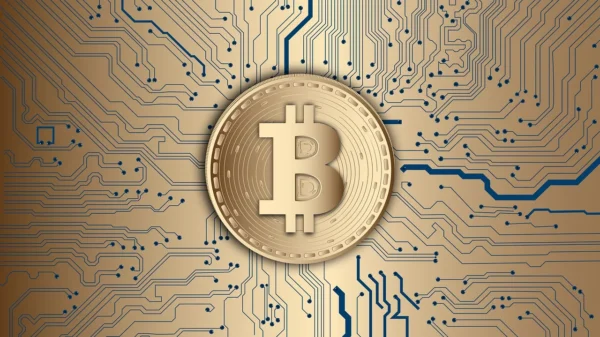
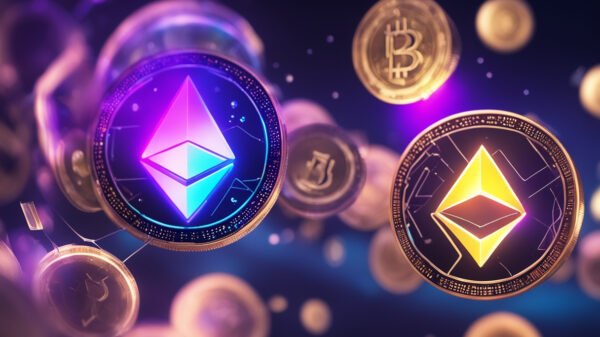
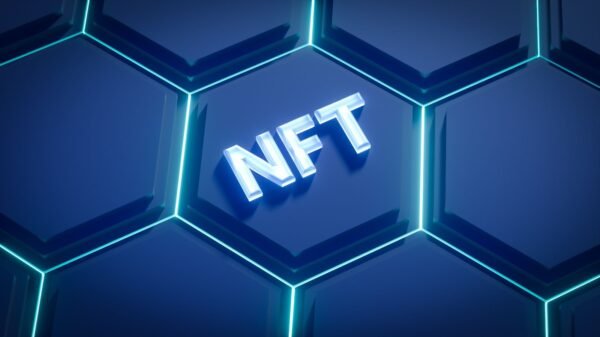
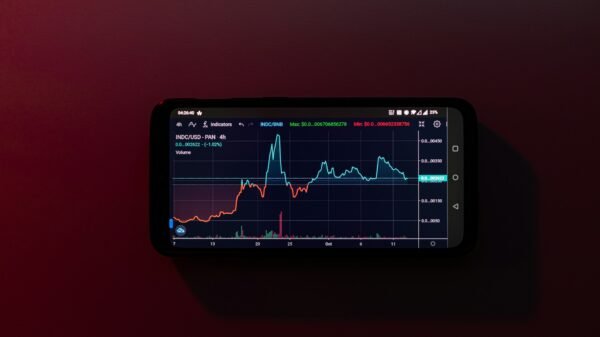
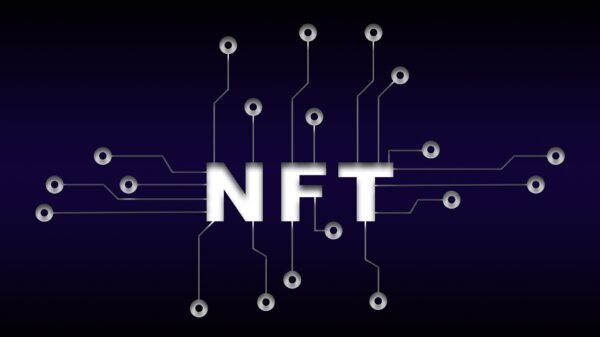


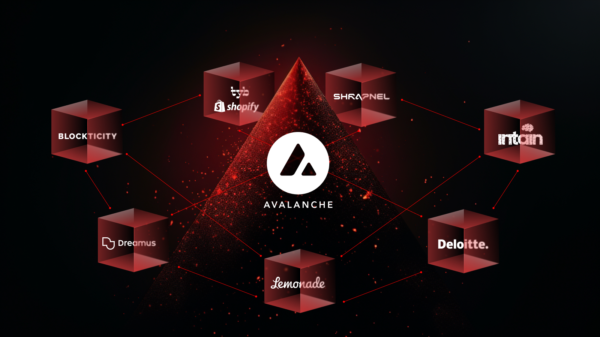
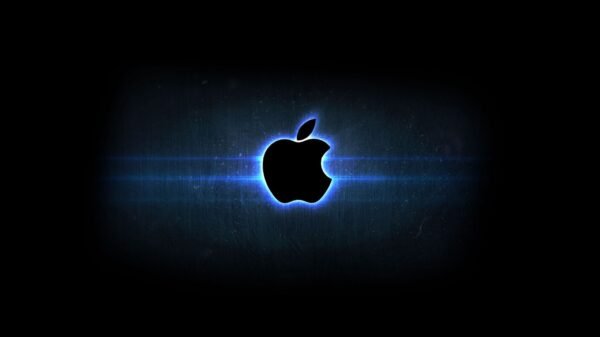




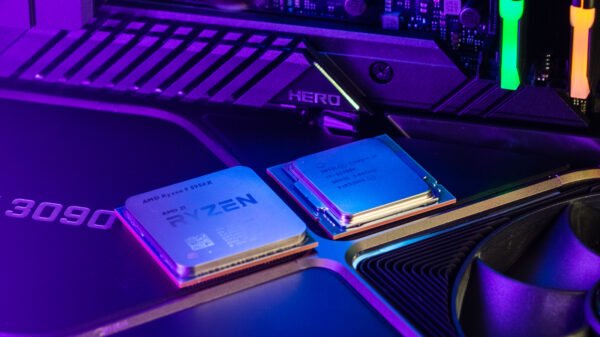
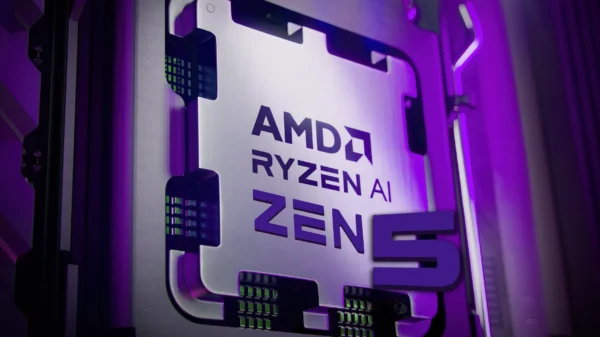

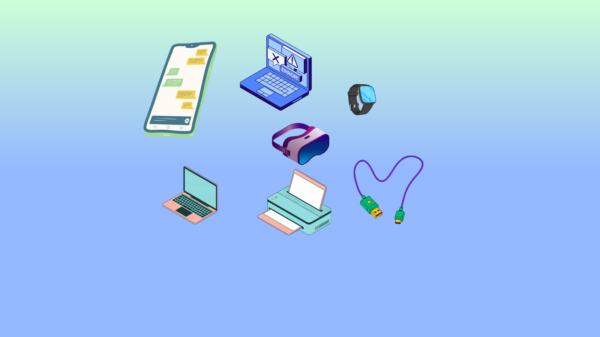



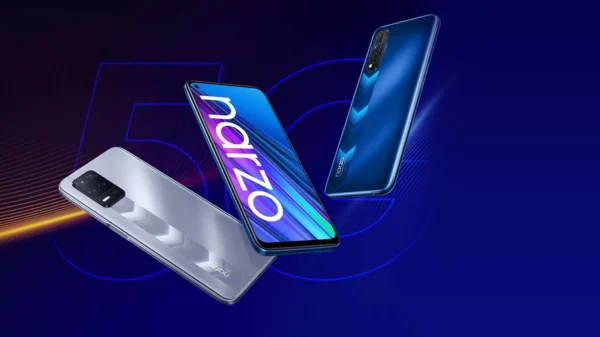


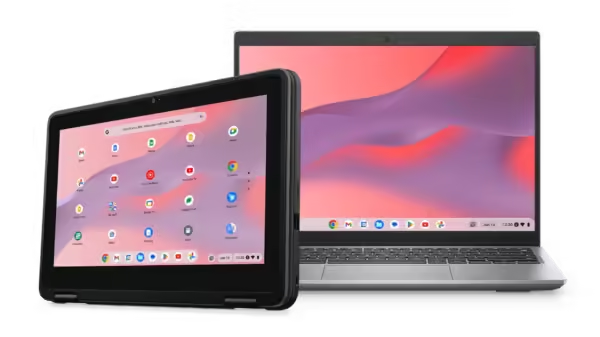







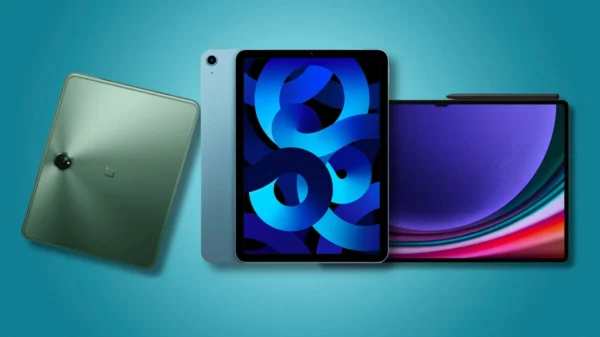






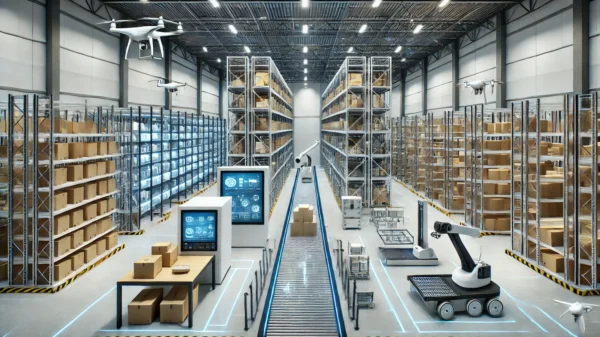


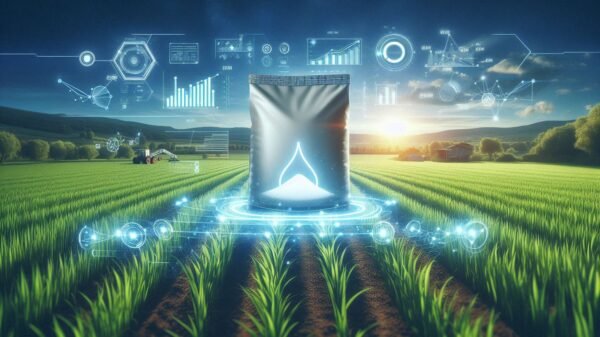

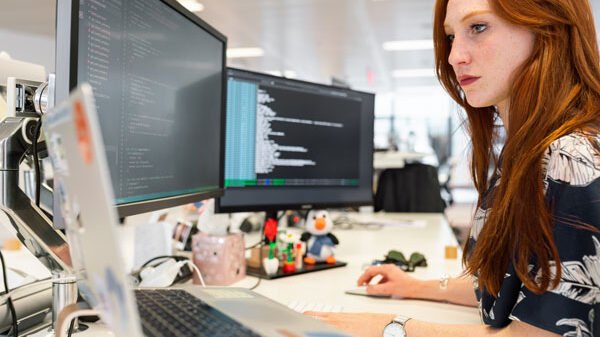
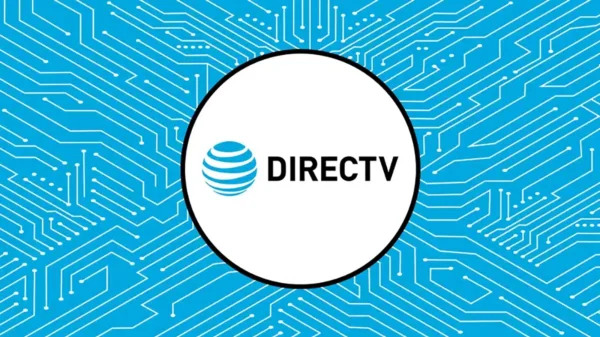
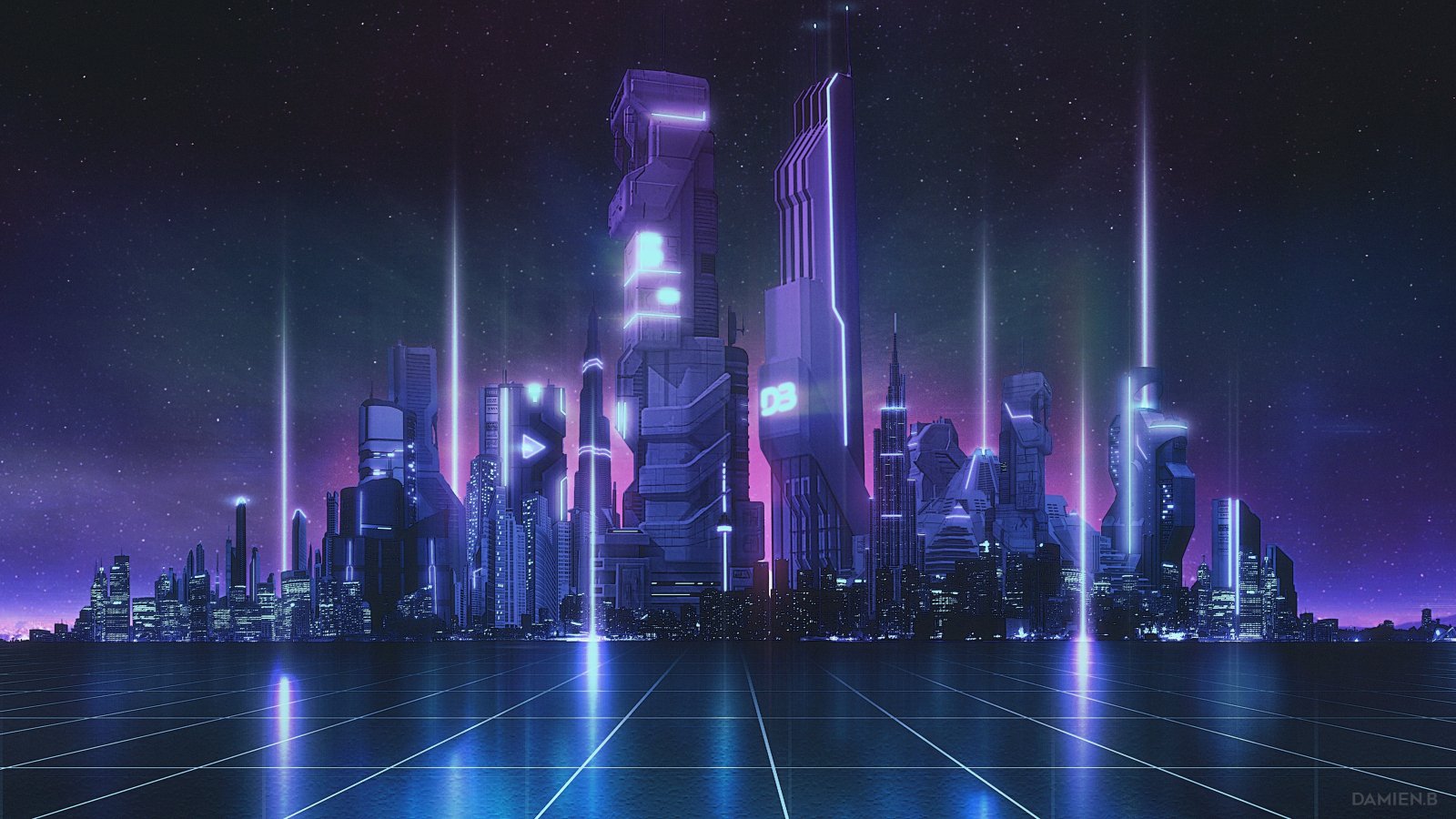



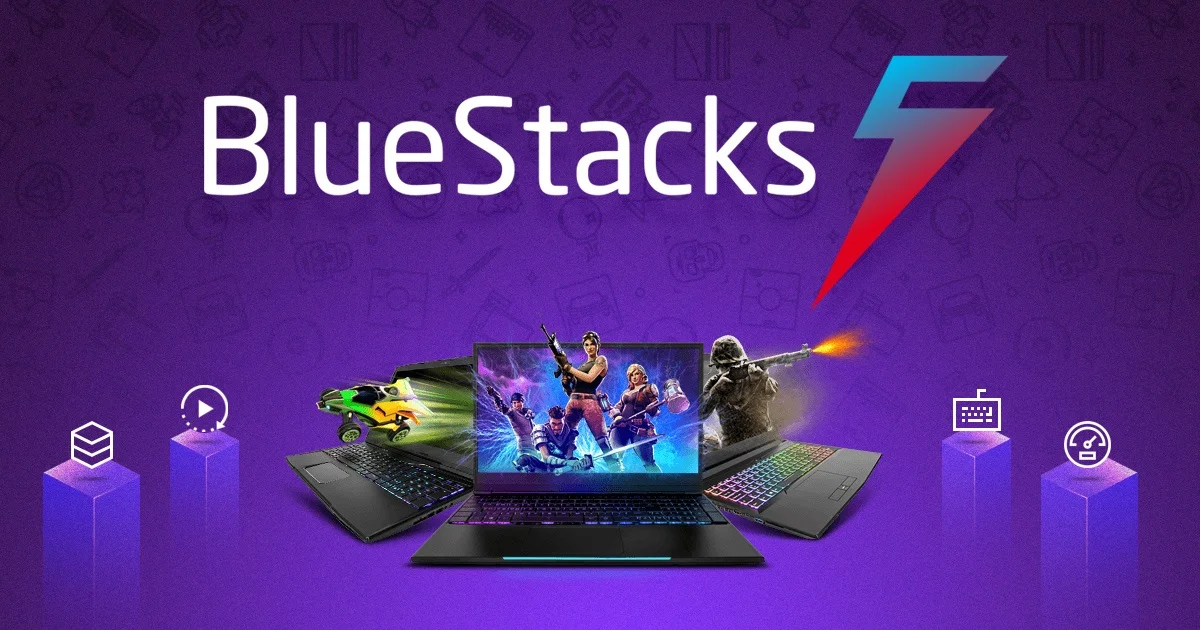



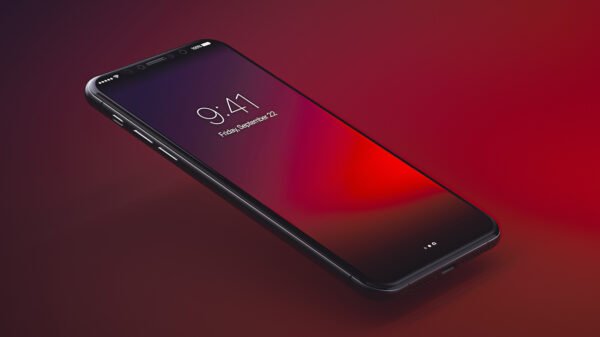

Pingback: AI in App Development: How Artificial Intelligence is Transforming Mobile Apps